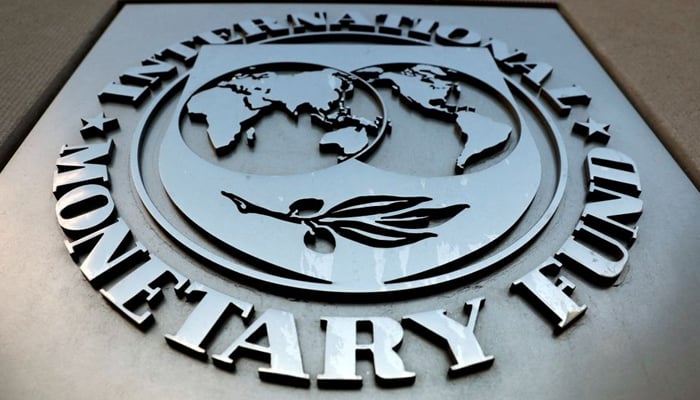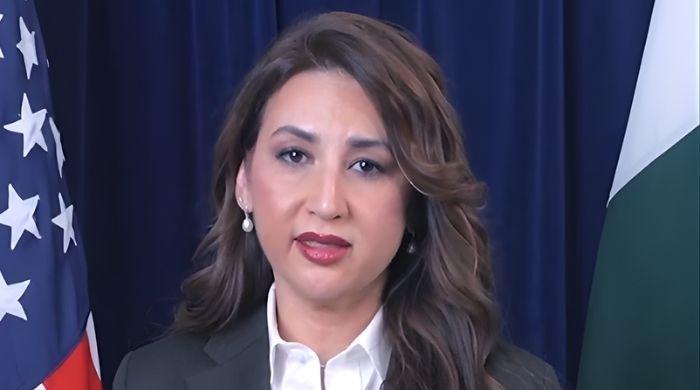IMF to meet on Jan 28 to consider Pakistan’s case for revival of $6bn loan programme
The board meeting was earlier scheduled on Jan 12 but Pakistan requested postponement till the approval of mini-budget
January 19, 2022

- IMF board meeting was earlier postponed on Pakistan's request.
- Pakistan has passed one pre-requisite legislation from Parliament.
- However, govt still needs Senate's approval for SBP Amendment Bill 2021.
ISLAMABAD: The IMF’s Executive Board is scheduled to hold its meeting in Washington on January 28 for considering Pakistan's request for completion of the Sixth Review and release of one billion dollars under the Extended Fund Facility (EFF).
The meeting was meant to take place on January 12 to review the recommendation to release $1 billion of Pakistan's $6 billion, three-year programme, but was deferred on Islamabad's request, as the government was unable to pass the required legislation.
Now, the government has so far accomplished one prior condition for getting the mini-budget passed from the parliament, while the second key condition for passing the controversial State Bank of Pakistan (SBP) Amendment Bill 2021 was still awaited.
The National Assembly had granted its assent to the SBP Amendment Bill but the approval of Senate is still needed.
The government has just 10 days left for getting Senate's approval but the question is if it passes the bill with major amendments, then the government might have to convene a joint sitting of the Parliament to get the SBP bill approved in its existing shape.
The IMF’s Executive Board will consider approval of 2021 Article IV Consultation, Sixth Review Under the Extended Arrangement Under the Extended Fund Facility, and Requests for Waivers of Nonobservance of Performance Criteria and Rephasing of Access.









